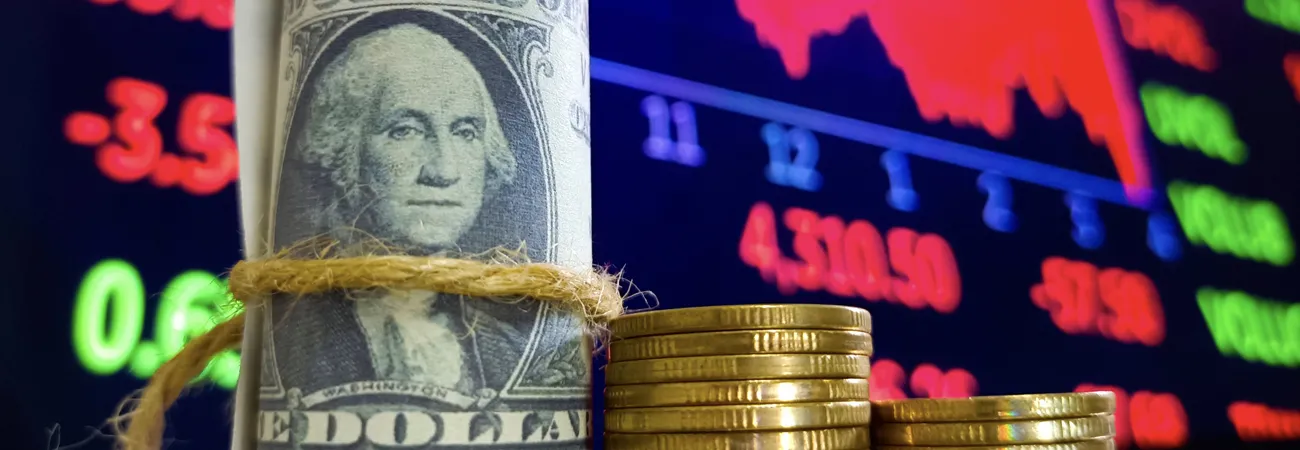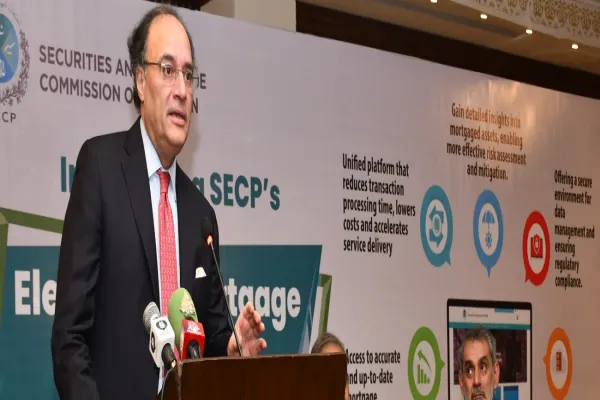i NEWS BUSINESS
In the interbank market on Thursday, the US dollar depreciated by 17 paisas, settling at Rs278.30. This slight decline comes amid ongoing economic adjustments and market responses to both domestic and international financial dynamics. Meanwhile, the Karachi Stock Exchange witnessed a day of fluctuations, with the KSE-100 index trading down by 7 points, closing at 74,950 points at the start of business for the day. Market analysts attributed the minor dip to a combination of investor caution and mixed signals from global markets. The 17-paisa depreciation of the dollar is seen as a response to recent measures by the State Bank of Pakistan aimed at stabilizing the currency market. Economists suggest that such fluctuations are typical as the market adjusts to new financial policies and external economic factors. The stock exchange, a barometer of economic health, reflected investor sentiments, with the KSE-100 index showing a marginal decrease. The index's seven-point drop indicates a cautious trading environment, with market participants closely monitoring both local economic indicators and international financial developments.
A day earlier, in the currency markets, the US dollar experienced a slight strengthening against the Pakistani rupee. In the interbank market, the dollar rose by 8 paisas, reaching Rs278.47. Similarly, in the open market, the dollar saw an increase of 11 paisas, bringing it to Rs279.54.Meanwhile, the Pakistan Stock Exchange (PSX) had a negative end to the business day. The PSX fell below the critical threshold of 75,000 points, with the benchmark KSE-100 index dropping by 250 points to close at 74,956 points. This decline marks a significant downturn, reflecting investor concerns and market volatility. On the other hand, policy-level talks between Pakistan and the International Monetary Fund (IMF) are currently underway, focusing on crucial economic reforms, particularly in the gas sector. Sources reveal that the discussions include a comprehensive review of tariff adjustments, measures to reduce revolving debt, and broader energy sector reforms. A significant increase in gas tariffs is likely to be implemented from August, impacting various sectors, including domestic consumers, fertilizer production, CNG stations, and the cement industry.
Credit: Independent News Pakistan









